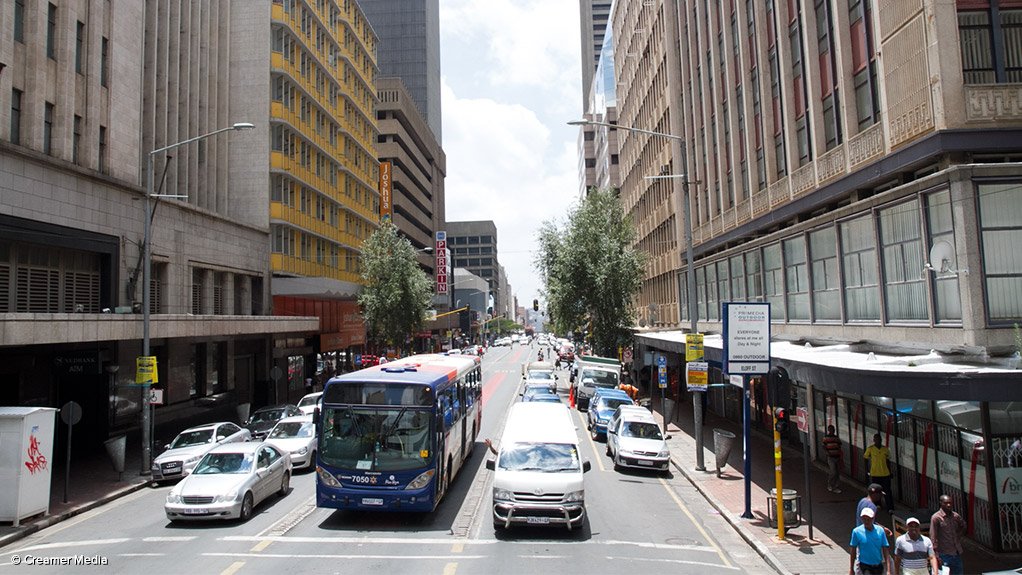Despite the Department of Transport’s (DoT’s) long-standing vision to achieve seamless integration of all modal public transport operations to ensure that it is more efficient, affordable, safe and reliable, supply chain expert Unitrans senior business development manager Bazil Govender says progress is not being made quickly enough.
“We've had these discussions with various iterations of government, different administrations, different public ministers, but we are not making the kind of progress, and at the pace needed, towards achieving that goal,” he said during a Unitrans-hosted Transport Forum webinar on June 6, where challenges and opportunities facing the passenger road-based transportation sector of South Africa were discussed by various experts.
He noted that public transport played a critical role as a driver of economic activity and an enabler of economic output. However, to reach its full potential, the DoT’s vision would necessarily require addressing issues relating to inclusive funding models for buses and taxis, the rollout of integrated public transport networks, integrated ticketing solutions for road- and rail-based subsidised public transport and scholar transport.
For this to work, key elements for engagement would include demographic, geographic, economic and technological trends that affect travel demand across all modes, and how those impact on the ability of South Africans to access economic opportunities and essential social amenities, Govender said.
“This all talks to inter-governmental relations, spatial planning, human settlements and safety and security. Nowhere in that process to date is the private sector actively brought to the table to talk about those visions and modalities,” he stated.
Govender said public transportation needed to be given the same status that was afforded to other basic human rights or social services, such as health or education.
“Access to transportation should be seen in that light if we want it to become the real heartbeat of this economy,” he said.
Govender said that, to make progress, municipalities must have the prerogative to finalise and implement integrated transport plans at various stages of progress. However, he warned that any changes in regimes following the May 29 national elections would result in plans stalling.
“We have to assist and be part of the process to eliminate the fragmented and misaligned intergovernmental approach because that does not help us. From our point of view, as the private sector, we need to manage our competing ideologies and expectations. We also need to eliminate monopoly and control and we need to move towards transformation and embrace it,” he said.
He insisted that government could not and should not be attempting to achieve the transformation of the public transportation sector alone, but rather that there should be open and supportive collaboration with the private sector.
Edited by: Chanel de Bruyn
Creamer Media Senior Deputy Editor Online
EMAIL THIS ARTICLE SAVE THIS ARTICLE
ARTICLE ENQUIRY
To subscribe email subscriptions@creamermedia.co.za or click here
To advertise email advertising@creamermedia.co.za or click here













